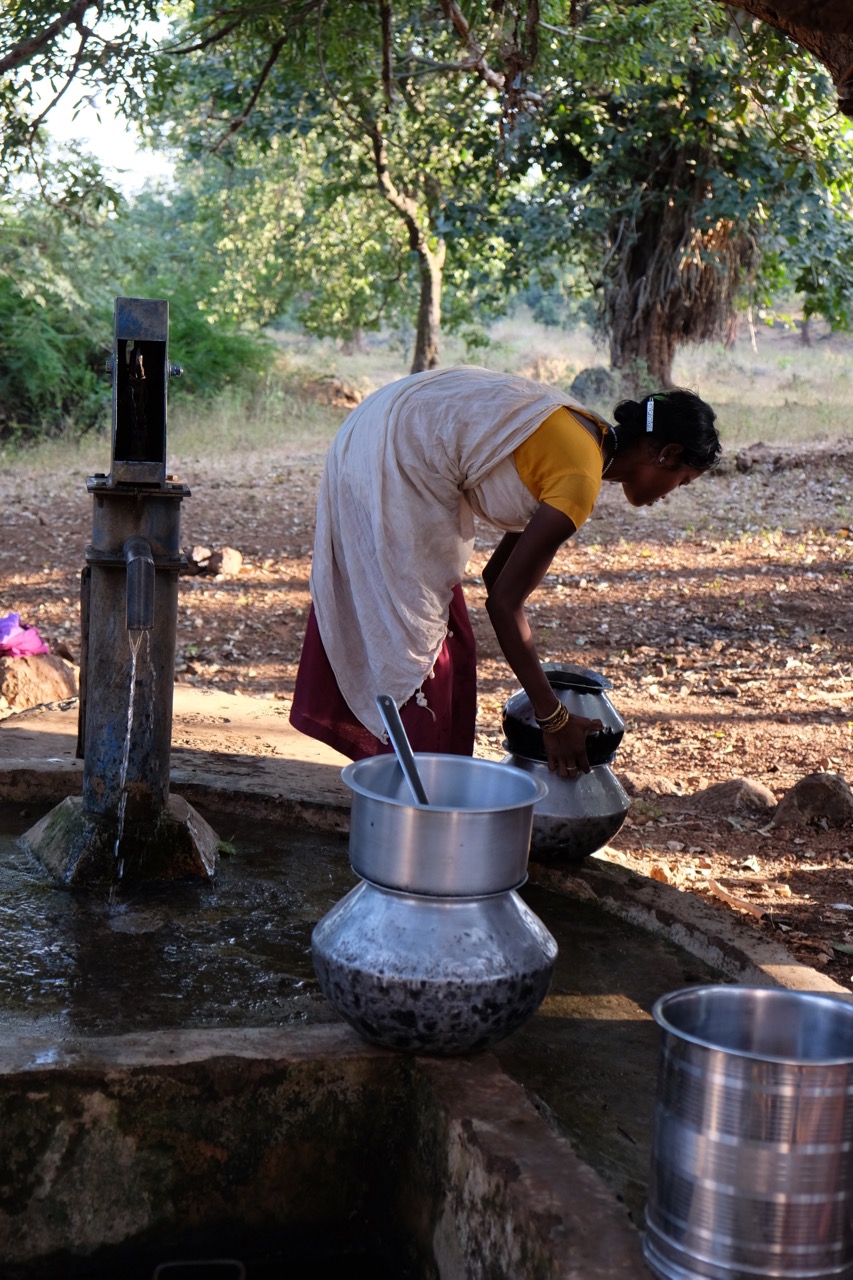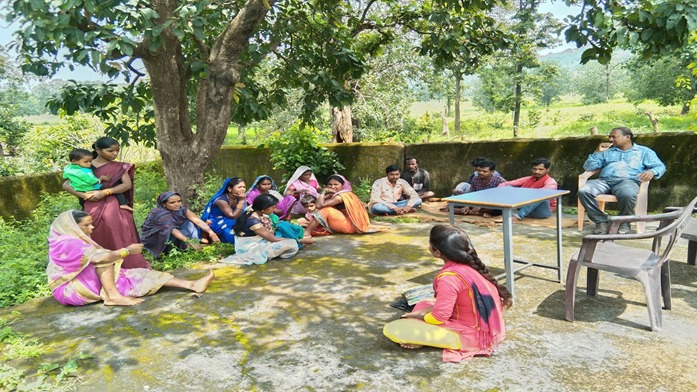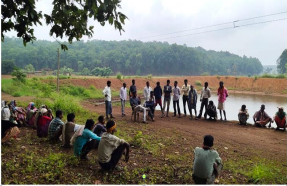Climate impact in Bahnakhodra, India
23.08.22
By subscribing to our newsletter, you give us permission to email you with news of our work and events, plus opportunities for volunteering, challenges to take part in and special offers in our shop. You can unsubscribe any time by clicking the link in our email footer.

23.08.22

Climate change has heavily impacted the village. Rainfall has doubled, however, the rain season has halved to around 40 days. Intense rainfall rushes off the baked ground, escaping water collection systems. Soil quality for growing food is seriously damaged and the biodiversity in the forest is depleted meaning foraging becomes unsustainable. Water bodies are silted up and there is drought and threat of food shortage.
We organised project activities that included building wells and dams, community education for hygiene and sanitation, improved agricultural sustainability through quality seeds and organic fertilizer, cattle-rearing opportunities for families without land to grow food, and better provision for people with disabilities.


This is a telling case of how climate change is destroying traditional ways of life around the world. But it’s also an amazing example of how Frank Water worked with local partners to improve life for a remote community.
Finding sustainable solutions in Bahnakhodra was a small but significant step in helping people and the planet to thrive.
You need to load content from reCAPTCHA to submit the form. Please note that doing so will share data with third-party providers.
More InformationNotifications